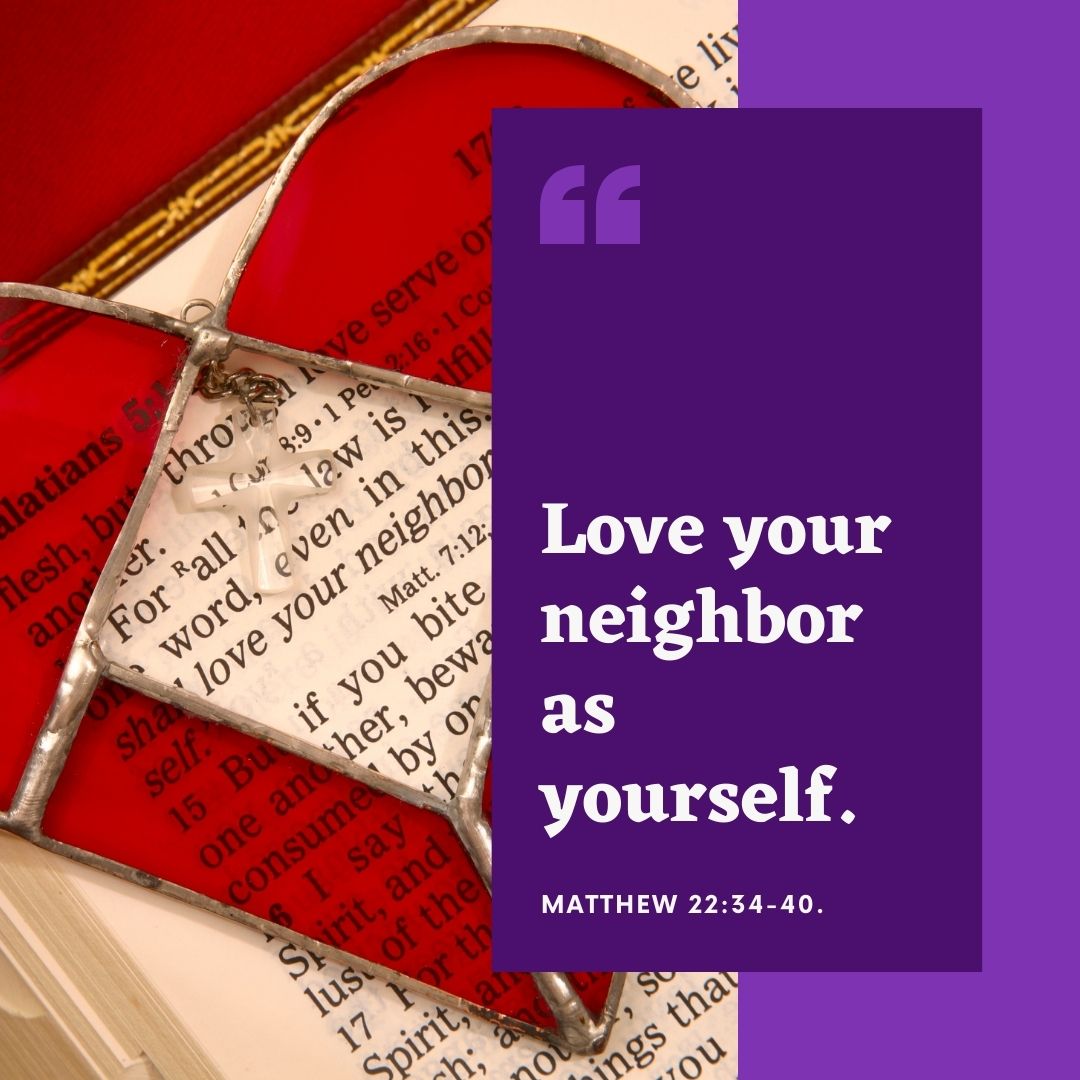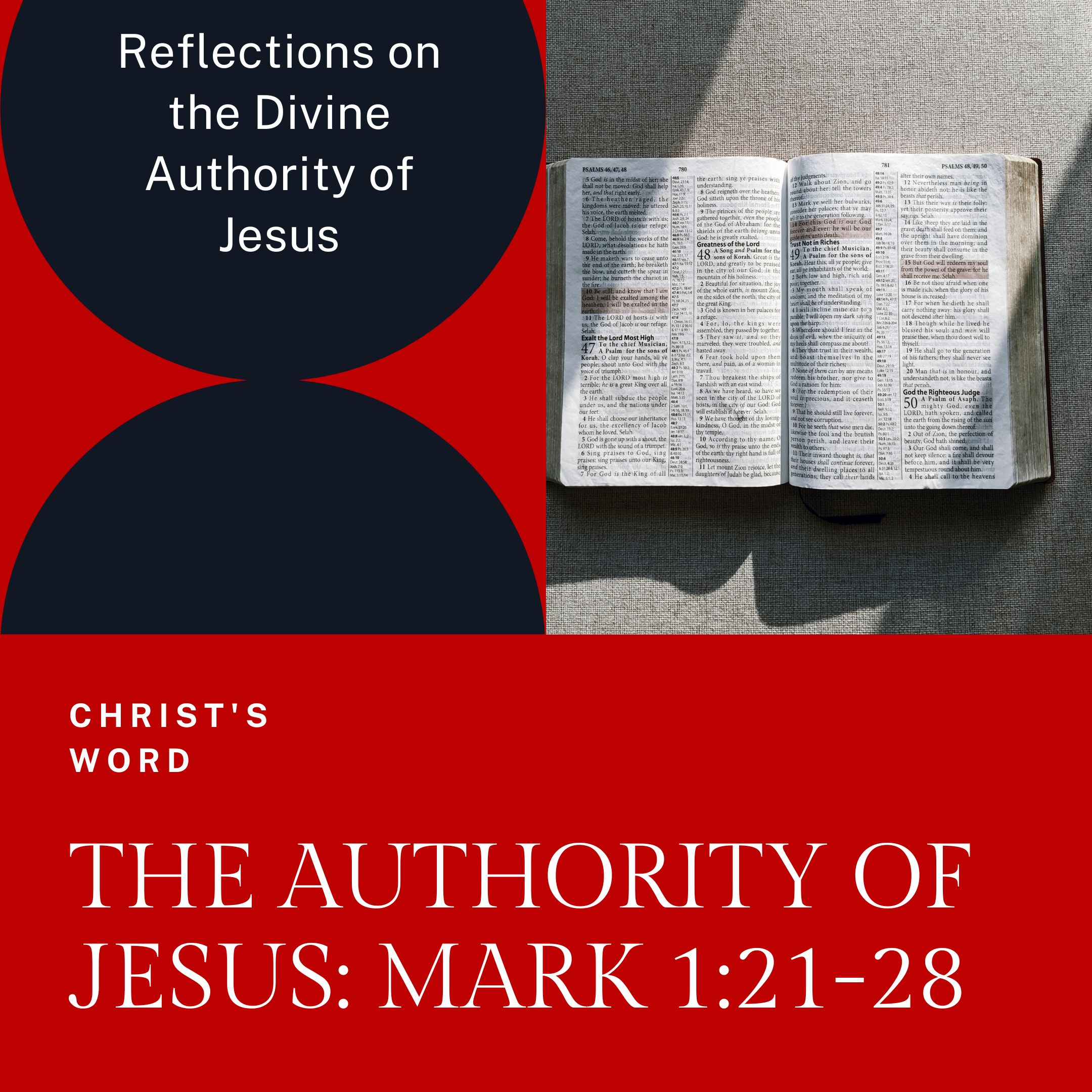In the Gospel of Matthew, we encounter a pivotal moment when an expert in the law poses a profound question to Jesus, seeking to test His wisdom and knowledge of the Scriptures. Little does he know that this inquiry would lead to one of the most powerful teachings on love and spirituality ever recorded—the commandment to love God and neighbor.
The Expert’s Question
The scene begins with an expert in the law approaching Jesus and inquiring, “Teacher, which is the greatest commandment in the Law?” This question was not merely an intellectual query but a profound attempt to understand the essence of God’s divine will as conveyed through the commandments.
Love God with All Your Heart
In response to the expert’s question, Jesus begins by quoting from the Old Testament, saying, “Love the Lord your God with all your heart and with all your soul and with all your mind.” This is a direct reference to Deuteronomy 6:5, a foundational verse in Jewish scripture known as the Shema—a declaration of faith and allegiance to the one true God.
These words resonate with timeless truth. They remind us that our primary duty as human beings is to love God wholeheartedly, with every fiber of our being. It’s a call to surrender our lives, our desires, and our very selves to God, acknowledging Him as the ultimate source of love, purpose, and meaning.
The Second Commandment: Love Your Neighbor as Yourself
But Jesus doesn’t stop there. He continues by saying, “The second is like it: ‘Love your neighbor as yourself.'” These words draw from Leviticus 19:18, emphasizing the inseparable connection between our love for God and our love for others.
The command to love our neighbor as ourselves is a call to compassion, empathy, and selflessness. It challenges us to extend the same love, grace, and care that we desire for ourselves to those around us. It’s a recognition that every person, regardless of their background, status, or circumstances, is deserving of love and respect.
The Perfect Union of Love
What makes these commandments so profound is their perfect union. In loving God with all our heart, soul, and mind, we align our entire being with the divine. This love becomes the wellspring of our actions, shaping our character and guiding our choices. When we truly love God, we cannot help but love our neighbor, for our love for God overflows into love for others.
In essence, Jesus teaches us that these two commandments are inseparable and complementary. They form the foundation of the entire moral and ethical framework of Christianity. Our love for God and neighbor is not a matter of mere religious obligation but a transformative force that has the power to change the world.
Challenges and Reflections
As we reflect on the commandments to love God and neighbor, we encounter several challenges:
Authentic Love: Are we truly loving God with all our heart, soul, and mind, or are we allowing distractions and worldly concerns to dilute our devotion?
Loving Our Neighbor: Are we extending love and compassion to all, even those who may be different from us or hold opposing views?
The Unity of Love: Do our actions reflect the unity of loving God and neighbor, or do we compartmentalize our faith and relationships?
The Essence of Christian Living
Matthew 22:34-40 provides us with a profound blueprint for Christian living. It teaches us that love is not an optional virtue but the very essence of our faith. In loving God and neighbor, we fulfill the law, embody the teachings of Jesus, and bear witness to the transformative power of divine love.
As we navigate the complexities of life, let us carry these commandments in our hearts as a guiding light. Let us strive to love God with unwavering devotion and love our neighbors with boundless compassion. In doing so, we not only honor the greatest commandments but also become instruments of God’s love in a world that desperately needs it.






